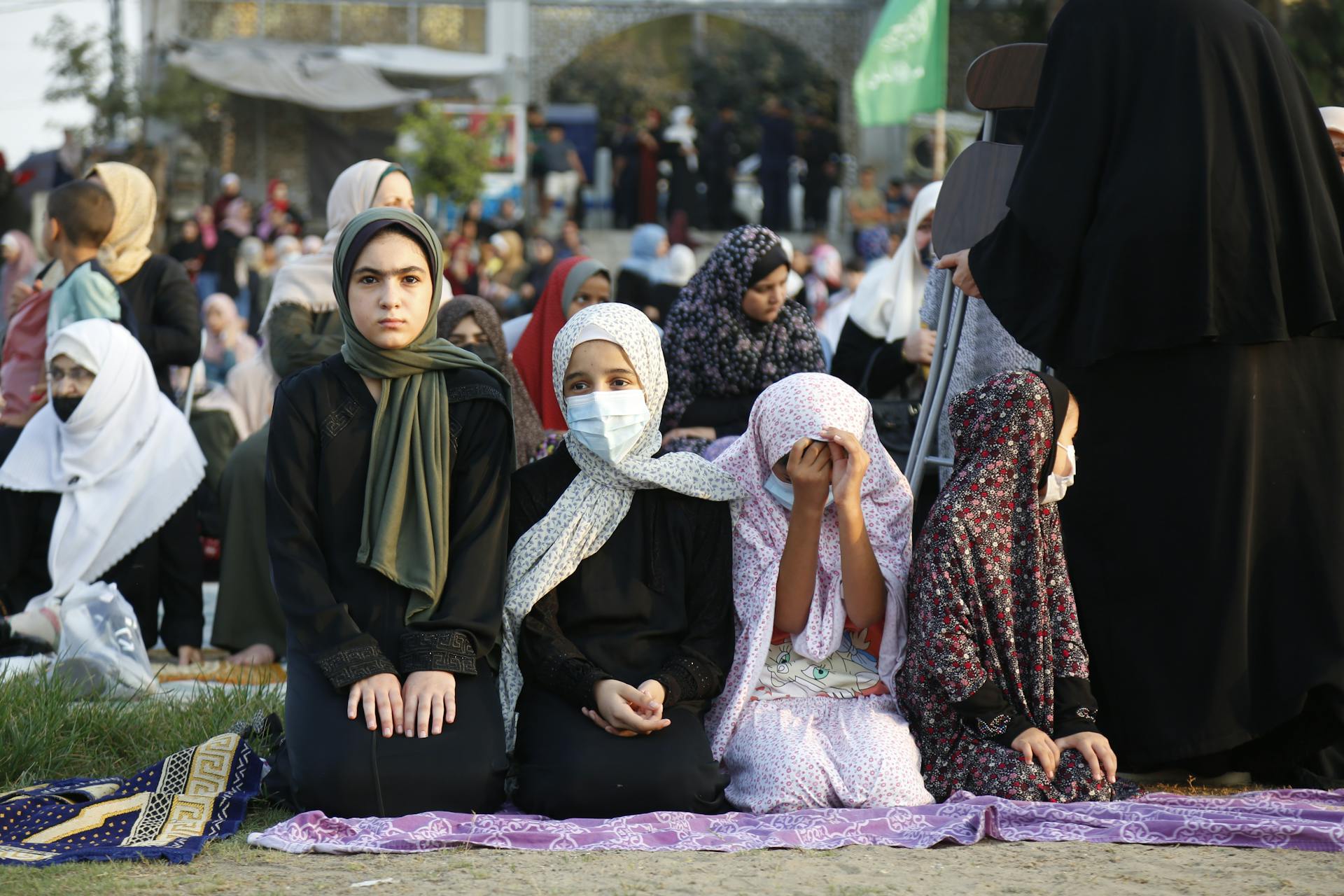Stock photograph by Musa Zanoun via Pexels.
By David Braughton
In the Middle East, suffering does not pick sides. Whether it is a people seeking retribution for grotesque acts of violence or a militant group seeking redress for years of deprivation and oppression, the carnage and daily horrors, both individual and collective, are beyond comprehension and nearly impossible to endure. Here is what we know:
More than 1,200 Israelis were killed by Hamas on October 7, 2023, and another 240 people, both Israeli soldiers and civilians, were captured and taken hostage. The Israeli military reports that 174 soldiers have died since the fighting began in Gaza. The economic toll of the war for Israel is estimated to be in the billions of dollars. Rather than improve security, the war has strained Israel’s relations with many countries, including the United States, and undermined efforts to normalize relations with Arab and Muslim countries, such as the UAE, Bahrain, Sudan, and Morocco.
In Gaza, almost 1.7 million of the territory’s 2.1 million inhabitants have been forced to leave their homes and seek shelter in overcrowded and unsanitary U.N. facilities in the south of the Gaza Strip. According to official figures, by March 12 more than 31,000 people, at least 70 percent of them women and children, have been killed by Israeli airstrikes and shelling. Another 73,000 people have been injured, overwhelming a healthcare system that has also been largely destroyed by Israeli military operations.
The food situation in Gaza is alarming, with reports of hunger impacting the entire population and a growing risk of famine-like conditions. By early March, over 25 people, most children, have already died from dehydration and malnutrition. Potable water is nearly impossible to come by and, in the last 20 days, Gaza received only a trickle of the aid that it did before the war; truckloads of relief supplies have been rejected for containing so much as one banned item. The cost of rebuilding devastated apartment buildings, hospitals, and infrastructure is estimated to be in the hundreds of billions of dollars.
Israelis have one more thing in common with the Palestinian people living in Gaza: They both have suffered intense psychological trauma because of the horrific scenes of death and destruction, and the loss of loved ones, homes, and livelihoods. Many already suffer from post-traumatic stress disorder, depression, anxiety, and other mental health issues, which will take years, if not generations, to heal.
The Buddha teaches that compassion, like suffering, does not pick sides. He extends his compassion impartially to all, and he bids us to follow his example. In this instance and in all cases where hatred, greed, and delusion direct most persons’ responses, his followers are urged to do what they can to ease the hurt, feed the hungry, and care for the sick and injured, no matter who they are.
When BGR assessed what was happening in Gaza, we knew we had to respond. We determined that the Palestinian people, who have been disproportionately impacted by the war, needed our help the most. Thus, BGR’s Board approved a $50,000 emergency donation to help the victims of the conflict in Gaza. The grant has been divided equally between two reliable relief organizations: the World Food Program–USA, and the United Nations Relief and Works Agency for Palestinian Refugees (UNRWA). Once we know that aid is getting through, we are prepared to do more.
The World Food Program has reported that it is using BGR funds to extend its reach to the displaced people in Gaza with food parcels, wheat flour, fortified biscuits, hot meals, and complementary feeding for pregnant and breastfeeding women, in addition to funding bakeries and community-led kitchens throughout the region. For its part, UNRWA reports that it is using BGR funds to deliver food assistance, consisting of wheat flour and “Ready to Eat” food including canned meat/fish, high energy biscuits, and bread.
The Buddha stressed that one can find peace and end animosity only by putting winning and losing aside. It is our fervent wish, as engaged Buddhists, that all the warring parties will realize this truth, lay down their weapons, and work for peace. Choosing otherwise will not only increase suffering in the short term but assure that the seeds of this conflict will mature and erupt again and again in the future. To choose the path of nonviolence, starting with a complete ceasefire, is to open the possibility for a resolution of this decades-long conflict.
David Braughton is the vice-chair of Buddhist Global Relief. David has worked in human services for over 40 years in fields related to a range of human needs including refugee resettlement, employment, and youth services. He has a Masters in Social Work from the University of Chicago.


